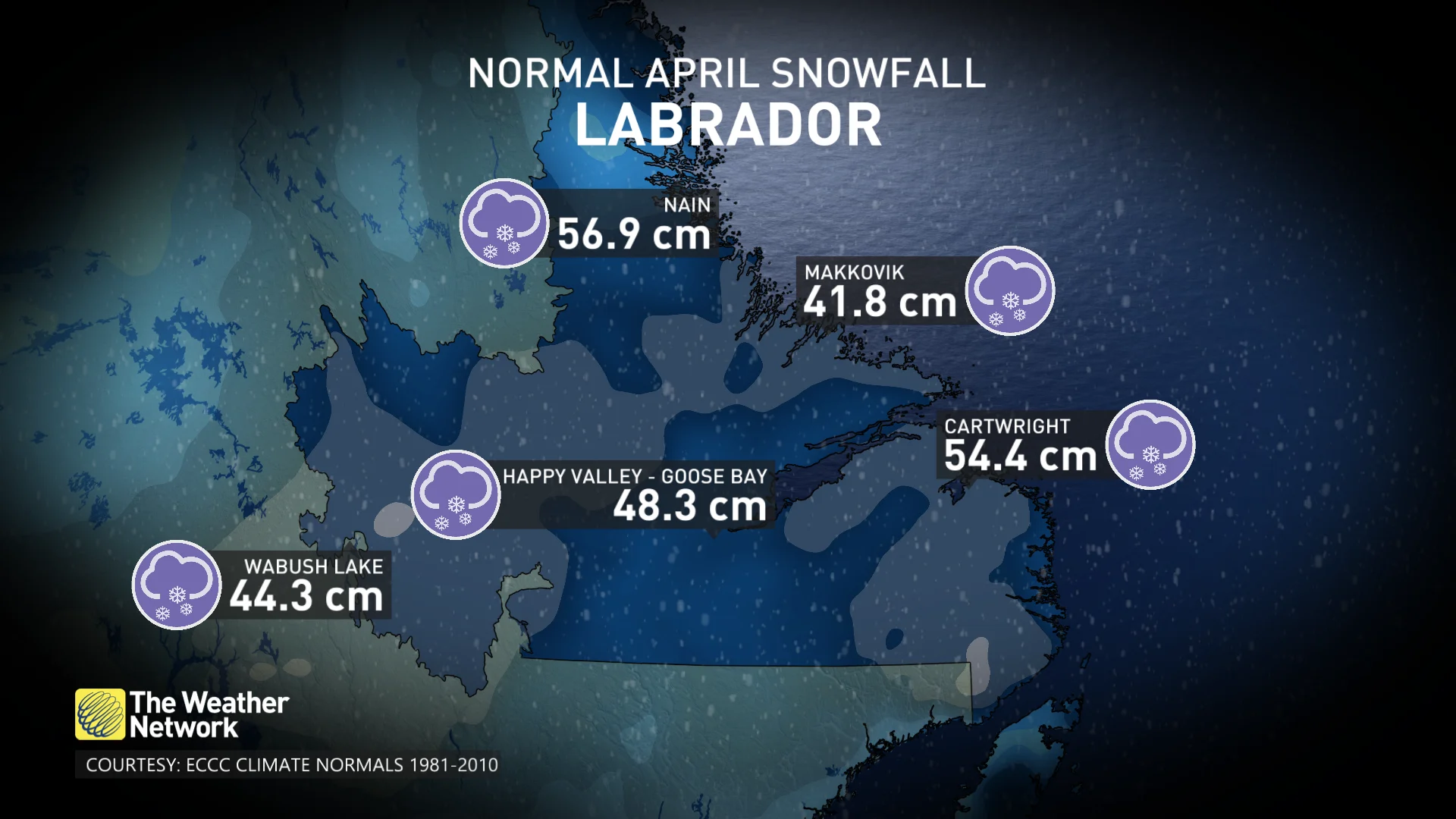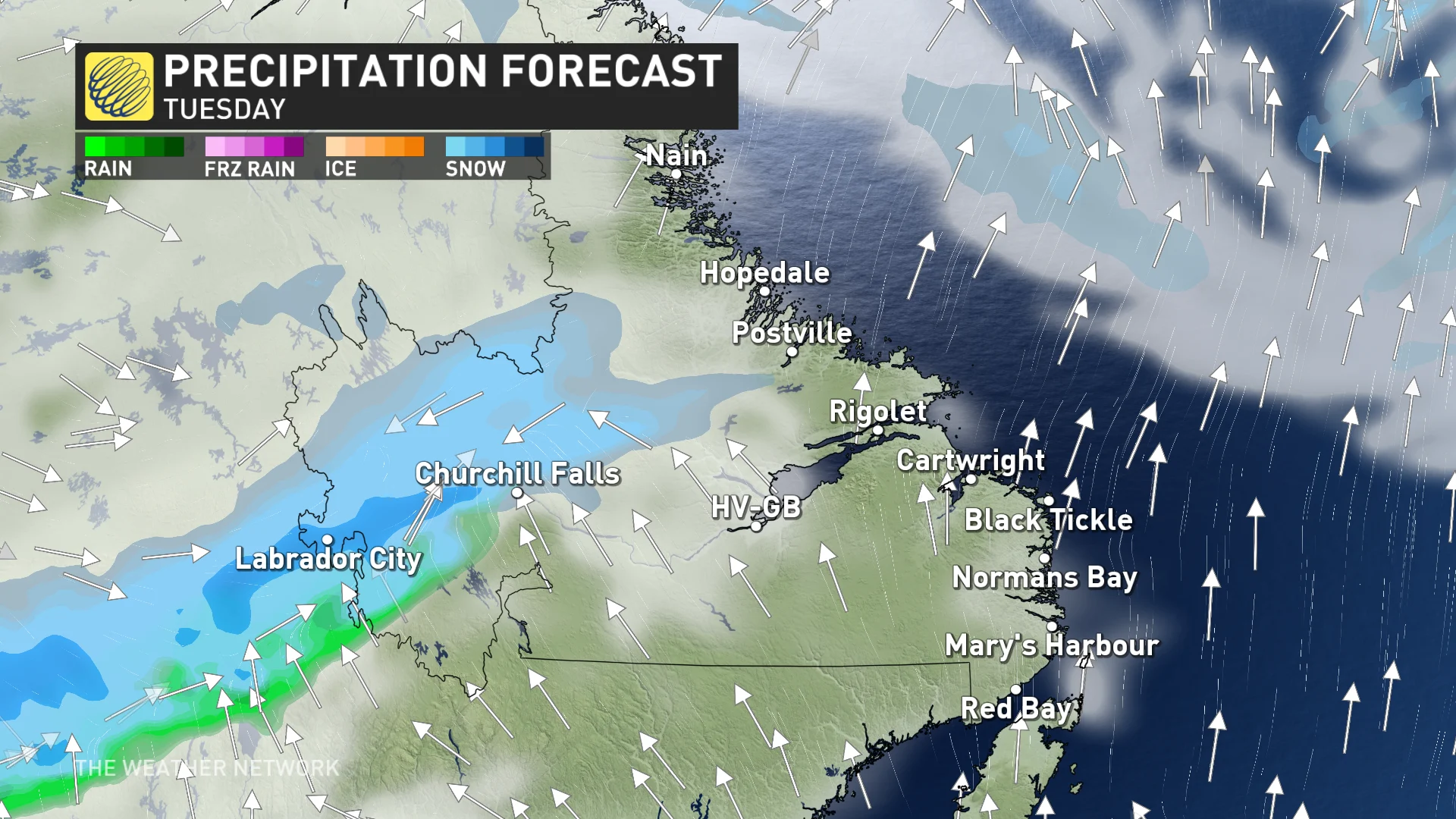News
Canada sending up to $5M in humanitarian aid to Lebanon after Beirut explosion

|
|
Canada will provide up to $5 million in humanitarian assistance to help Lebanon and its people recover from the devastating explosion in Beirut’s port.
An initial $1.5 million of that funding will go to the Lebanese Red Cross to provide emergency medical services, shelter and food for those affected.
In an interview with CBC News, International Development Minister Karina Gould said the money represents Canada’s initial commitment and that it could grow in the coming days and weeks as the scale of the disaster becomes more clear.
“This is about saving lives in the next 48 hours and then making sure that people have access to emergency shelter, food, health care and medicine,” Gould said.
The explosion happened Tuesday when 2,750 tons of ammonium nitrate, a highly explosive chemical used in fertilizers, which had been stored for years at the port, ignited, sending shock waves across the Lebanese capital.
Around 135 people died, about 5,000 were injured and another 300,000 people have been left without a place to live. Hospitals have been overwhelmed by the injured.
Beirut Gov. Marwan Abboud told Al Hadath TV that collective economic losses due to the blast might reach $13 billion to $20 billion, saying the estimate included both direct and indirect losses related to business.
🇨🇦 continues to closely monitor the situation and is in contact with humanitarian organizations in <a href=”https://twitter.com/hashtag/Beirut?src=hash&ref_src=twsrc%5Etfw”>#Beirut</a> to better understand needs on the ground. 🇨🇦 stands ready to provide additional assistance to respond to this terrible tragedy, as appropriate. <a href=”https://twitter.com/hashtag/BeirutExplosion?src=hash&ref_src=twsrc%5Etfw”>#BeirutExplosion</a> <a href=”https://twitter.com/hashtag/Lebanon?src=hash&ref_src=twsrc%5Etfw”>#Lebanon</a>
—@CanadaDev
Other countries have also mobilized to provide help. Germany has dispatched dozens of search and rescue specialists to help find survivors trapped beneath rubble while Russia sent a plane carrying relief teams, doctors and medical equipment.
France is sending two planes with aid and 55 workers, including disaster response experts, emergency nurses, doctors and firefighters.
Gould said it’s possible Canada may provide support in other forms other than humanitarian funding, but wouldn’t say whether Canada’s disaster response team, DART, will be mobilized.
“Nothing is off the table right now in terms of Canada’s response,” she said. “We want to make sure that what we’re sending is indeed what is needed.”
Lebanese government under fire
Experts say the need for rapid assistance and the complexities of Lebanon’s political system — which is characterized by widespread corruption, sectarianism and a weak state — mean that non-governmental organizations like the Red Cross are best placed to provide immediate help.
“There are a lot of local organizations — some small, some really large — who have the capacity to implement significant humanitarian assistance programs and who have the capacity to really help the population with no political manoeuvring, with no political consequences,” said Ruby Dagher, an international development professor at the University of Ottawa who immigrated to Canada from Lebanon.
“We should look at those first for the humanitarian assistance before we turn our attention to working through the government.”
Public anger against the Lebanese government was already at historic highs after months of sustained protests amid a long-running financial crisis intensified by the coronavirus pandemic. That anger has only grown since it emerged that the highly explosive fertilizer that caused Tuesday’s explosion had been stored at Beirut’s port for six years while port officials did nothing about it.
Lama Mourad, a professor at the Norman Paterson School of International Affairs at Carleton University, said any aid provided through the Lebanese government will help legitimize a ruling class that has lost the trust of its people.
“[The government of Canada would] be effectively supporting a government that has no legitimacy in the eyes of citizens,” Mourad said. “Giving money to this government or any of the ruling elite… will only serve to support and strengthen their power, rather than necessarily go to the people who need it most.”
Rex Brynen, a political scientist at McGill University, said after the immediate humanitarian crisis is over, Canada could play a role in strengthening the capacity of the Lebanese government.
He cited the possible negligence at the Beirut port as a sign that the Lebanese state has a regulatory management problem at the port.
“That’s an issue which in the longer term needs to be addressed in Lebanon and outside partners can play a role in trying to strengthen government capacity,” Brynen said.
Source: – CBC.ca
News
Peel police chief met Sri Lankan officer a court says ‘participated’ in torture – Global News
The head of one of Canada’s largest police forces met with a Sri Lankan inspector general of police who two weeks earlier had been found by the South Asian country’s highest court to have “participated in the torture” of an arrested man.
Photos published by Sri Lankan media, including the Ceylon Today, an English-language daily newspaper, show Peel Regional Police Chief Nishan Duraiappah in uniform posing alongside senior Sri Lankan officers on Dec. 29, 2023 at police headquarters in the capital Colombo – a visit a Peel police spokesperson says Global Affairs Canada and the RCMP had been made aware of ahead of time.
One of the law enforcement officials in the photos was the inspector-general of Sri Lankan police, Deshabandu Tennakoon, who earlier that month was ordered to pay compensation for taking part in “mercilessly” beating a man.
Peel Regional Police Chief Nishan Duraiappah signs a guestbook at Sri Lankan police headquarters in Colombo, as the country’s inspector general Deshabandu Tennakoon stands behind him. Sri Lanka’s Supreme Court found he took part in the torture of an arrested man. (Credit: Ceylon Today).
Ceylon Today
On Dec. 14, 2023, Sri Lanka’s Supreme Court ruled Tennakoon was involved in the brutal arrest of a man suspected of theft, holding him in what the court called the “torture chamber” of the police station for more than 24 hours, striking and suffocating him, and rubbing chili powder on his genitals.
Dr. Thusiyan Nandakumar, a physician who also runs the London, U.K.-based outlet the Tamil Guardian, called it a “stain on Canada’s reputation.”
“To see someone of (Duraiappah’s) stature receive a guard of honour from that very same institution that’s responsible for so many abuses was shocking, to say the least,” Nandakumar said.
Duraiappah declined Global News’ request for an interview. In a statement, a Peel Regional Police spokesperson called his trip to Sri Lanka “personal” and said there is “no ongoing initiative or collaboration between Peel Regional Police and any organization in Sri Lanka.”
Peel Regional Police Chief Nishan Duraiappah wears his uniform and walks by Sri Lankan soldiers in a visit Peel police describe as a “personal” trip. (Credit: Ceylon Today).
Ceylon Today
Duraippah was photographed multiple times during his visit wearing his Peel police uniform.
Rathika Sitsabaiesan – a former NDP MP and Canada’s first Tamil member of Parliament – says when someone wears a uniform, “you’re representing the organization for which you are the chief.”
Duraippah is the only police chief of Sri Lankan descent outside the South Asian nation, according to Peel police, which operates in Mississauga and Brampton, Ont.
“(It’s) very harmful to me as a Canadian, as someone who grew up in the region of Peel, and all the people who continue to live in Peel and who identify as Tamil, in my opinion,” Sitsabaiesan said.
The Peel spokesperson said Duraiappah accepted an invitation from Sri Lankan police officers while he was on a family vacation to the country of his birth.
More on Canada
The spokesperson would not confirm when asked if Duraiappah had met directly with Tennakoon beyond the photos, which show them holding a plaque together and Tennakoon standing behind Duraiappah while he signed a guestbook.
It’s not clear whether the event photographed was the only meeting or whether any additional ones were held, including whether Duraiappah and Tennakoon met outside of the moment they were photographed together.
Another Peel spokesperson added that “the Chief discussed the requests for meetings received with Global Affairs Canada and the RCMP.”
The RCMP says the force provided information to Duraiappah about Tennakoon, including about the recent court ruling, ahead of time.
“The Government of Canada did not organize the visit, which was considered a personal visit. However, given the RCMP’s close working relationship with Peel Regional Police, the RCMP Liaison Officer for Sri Lanka offered to facilitate Chief Duraiappah with arrangements involving police agencies in Sri Lanka,” an RCMP spokesperson said in response to questions from Global News.
“Information was provided to Chief Duraiappah for his situational awareness about recent developments in Sri Lanka, including the Sri Lankan Supreme Court’s ruling on Chief Tennakoon.”
Global Affairs Canada also said the visit was “personal.”
“The Government of Canada did not organize the visit” and “as is customary for meetings with high-level officials, staff from the High Commission of Canada to Sri Lanka accompanied the Chief as a courtesy,” Global Affairs Canada spokesperson Marilyn Guèvremont said.
Sitsabaiesan says “alarm bells should have gone off” given the country’s human rights record.
In October 2022, Canada adopted a United Nations Human Rights Council resolution calling on Sri Lanka to address the “human rights, economic and political crises” in the country.
The following year it sanctioned four government officials for “human rights violations on the island” and commemorated the Tamil Genocide Remembrance Day for the first time – marking the deaths of tens of thousands of Tamils during the country’s 26-year civil war.
“Canada is well-versed in the crimes that took place. It’s not something that Ottawa is blind to,” Nandakumar said.
While it’s not unusual for western officers to visit, collaborate or train police forces in developing countries, some have recently distanced themselves from Sri Lankan authorities.
In 2021, Scotland ended its training program for officers in the country over allegations of human rights abuses.
In January of this year, the United Nations criticized Sri Lankan police for their “heavy handed” anti-drug crackdown, with reports of arbitrary arrests, torture and public strip searches.
Tennakoon’s recent appointment as police chief shows “much about how law enforcement authorities in the island operate with impunity,” Neil DeVotta, an expert on South Asia and politics professor at Wake Forest University in North Carolina, said in an e-mail to Global News.
Nandakumar says the Peel chief’s visit to the Sri Lankan police headquarters raises questions about judgement.
“When a senior Canadian official goes to meet with forces accused of such egregious crimes … to see something like that take place, it was very disconcerting.”
“I think an apology is needed,” he said.
News
Body believed to be missing B.C. kayaker found in U.S., RCMP say – CBC.ca


The RCMP say a body that was recovered by authorities in Washington state is believed to be one of two kayakers reported missing off Vancouver Island on Saturday.
Const. Alex Bérubé said the identity of the body found on San Juan Island, just south of the border, is still to be confirmed by the coroner.
A search has been underway in the waters off Sidney, B.C., about 25 kilometres north of Victoria, since the two kayakers were reported missing.
RCMP previously said Daniel MacAlpine, 36, and Nicolas West, 26, went missing while kayaking from D’Arcy Island to View Beach on Saturday afternoon. They were in a teal blue, fibreglass, two-person kayak.
Police said members of the Central Saanich Police Department and Peninsula Emergency Measures Organization search and rescue were involved in the search, and the Joint Rescue Co-ordination Centre and Canadian Coast Guard were also assisting.
News
Some Canadians will be digging out of 25+ cm of snow by Friday – The Weather Network
Digital WritersThe Weather Network


Prepare for multiple rounds of April snowfall this week, as Labrador braces for wintry conditions. This onslaught of snow is expected to blanket the region, potentially leading to hazardous travel conditions and disruptions throughout the week
As we march even deeper into the heart of the spring season, many parts of Canada are finding it tough to find any consistent signs of warming weather. Add to the mix periods of snow and wintry precipitation, and it’s safe to say the winter season is certainly not going out without a strong fight.
This week, parts of the East Coast will bear the brunt of the winter weather, with multiple rounds of April snowfall stacking up in Labrador. The chances for snow flurries will stick around all week long, bringing as much as 25 cm for some.
MUST SEE: Extreme pattern over Arctic produces 50+ degree temperature spread
Although 25+ cm of snow in April may seem extreme, for this part of the country, it’s definitely nothing out of the ordinary. In fact, the month as a whole brings about 40-50 cm of snow to Labrador on average.


Some communities, including Nain, even have snowfall chances stretch all the way into June!
“This week will be a little bit different however, as some regions could reach about half of Labrador’s monthly averages alone,” says Rachel Modestino, a meteorologist at The Weather Network. “The first round on Tuesday will pack quite the punch, with heavy snow and gusty winds stretching from Labrador city to the coast.”


Winds will be gusting between 70-90 km/h at times, and travel conditions will likely deteriorate quickly due to potential whiteouts and reduced visibility.
-



 Politics24 hours ago
Politics24 hours agoFareed’s take: There’s been an unprecedented wave of migration to the West – CNN
-



 Health24 hours ago
Health24 hours agoIt's possible to rely on plant proteins without sacrificing training gains, new studies say – The Globe and Mail
-



 Tech24 hours ago
Tech24 hours agoMeta Expands VR Operating System to Third-Party Hardware Makers – MacRumors
-



 Science23 hours ago
Science23 hours agoNASA's Voyager 1 resumes sending engineering updates to Earth – Phys.org
-
Art5 hours ago
Mayor's youth advisory council seeks submissions for art gala – SooToday
-
Art17 hours ago
Made Right Here: Woodworking art – CTV News Kitchener
-



 Sports14 hours ago
Sports14 hours agoAuston Matthews turns it up with three-point night as Maple Leafs slay Bruins in Game 2 – Toronto Sun
-
News22 hours ago
CTV National News: Honda's big move in Canada – CTV News













